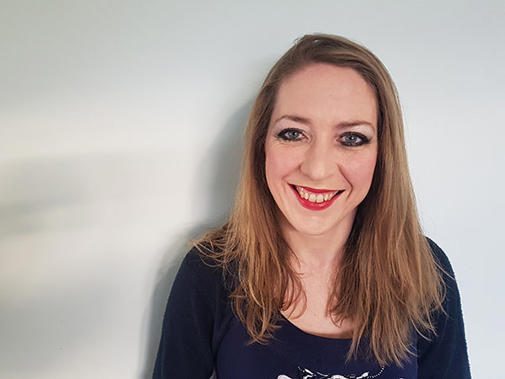As a newly qualified doctor, I intended to pursue a career in emergency medicine.
I completed foundation training and entered the emergency medicine training scheme, fully intending to exit with a CCT.
However, life has a nasty habit of making its own decisions and shortly after the birth of my first child I was diagnosed with multiple sclerosis.
Changing pathways
What an upheaval it was. I did return as a trainee following a period of maternity and sickness absence and quickly realised the discriminatory and uphill battle faced by doctors with ‘added extras’.
I was even told 'you can't be a doctor, a mummy and a patient. Reconsider your career'.
While struggling with new disability and a new family, the prospect of additional struggles in work did not appeal.
I decided to prioritise my family, my wellbeing and my life over the training rat race and accepted a SAS grade post in a unit where I had previously worked, had been very well supported and still remain working in.
It was a very difficult decision to make. I remember being told in medical school that an associate specialist was a failed consultant and unable to pass their exams.
It felt initially as though I was opting for a lesser future, an easy way out. How wrong I was. My career as a SAS doctor to date has been fulfilling, varied and so enjoyable.
I have been offered the opportunity to develop myself as a person, a clinician and a leader. I have benefitted so greatly from a supportive and stable environment where I have earned the respect and understanding of my colleagues and am treated as an equal, experienced and valued team member. Ultimately, this has been the best career move I could have made.
Challenging perceptions of disabilities
Being a doctor with a disability is challenging. The public do not expect doctors to have disabilities and I have been questioned by them more times than I have had hot dinners.
How I could have qualified when I'm disabled? How I can do my job when I’m disabled? You’re not much of a doctor if you cannot make yourself better, are you?
However, being a doctor with a disability has also allowed me to change people’s perspectives and opinions of themselves and others. One such encounter was with a preteen girl who had recently been diagnosed with a lifelong condition.
She commented how her disability would prevent her from achieving her goals. We sat and chatted about my own condition and how disability need not define a person. Being a senior clinician with a disability allowed me to show her that her potential was not limited by illness.
Equally, a career as a SAS doctor has allowed me to maintain my own health. Having a regular job plan with consistent hours allows me to plan activities, appointments and to have adequate and restorative rest without having to tour all the Northern Ireland health trusts.
Not a ‘second best’ choice
Being a SAS doctor allows me the best of all worlds. I have time to myself and with my family. I don’t have to work nights.
I have a position of seniority and have time for additional training in clinical and leadership roles without the pressures of deadlines and ARCP panels.
It’s not a ‘second best’ choice. It’s not a path for failures.
A SAS career is rewarding and can be as diverse as you want with as much, or as little management-type work as you want.
Speak to a senior SAS doctor – you'll be amazed at what we actually do.
Clodagh Corrigan is a specialty doctor in emergency medicine

